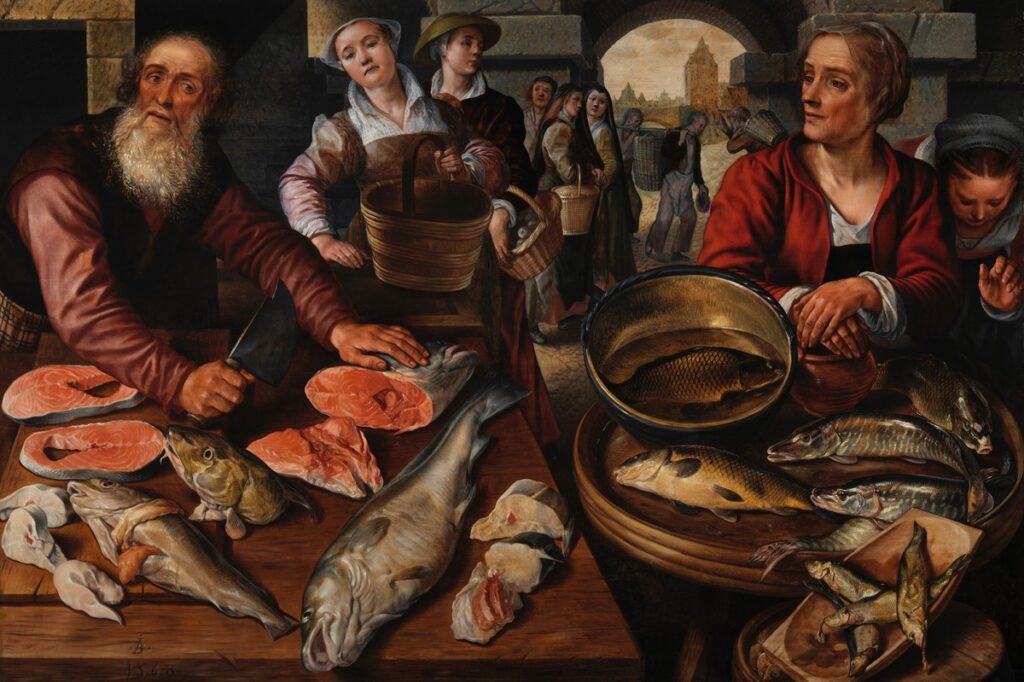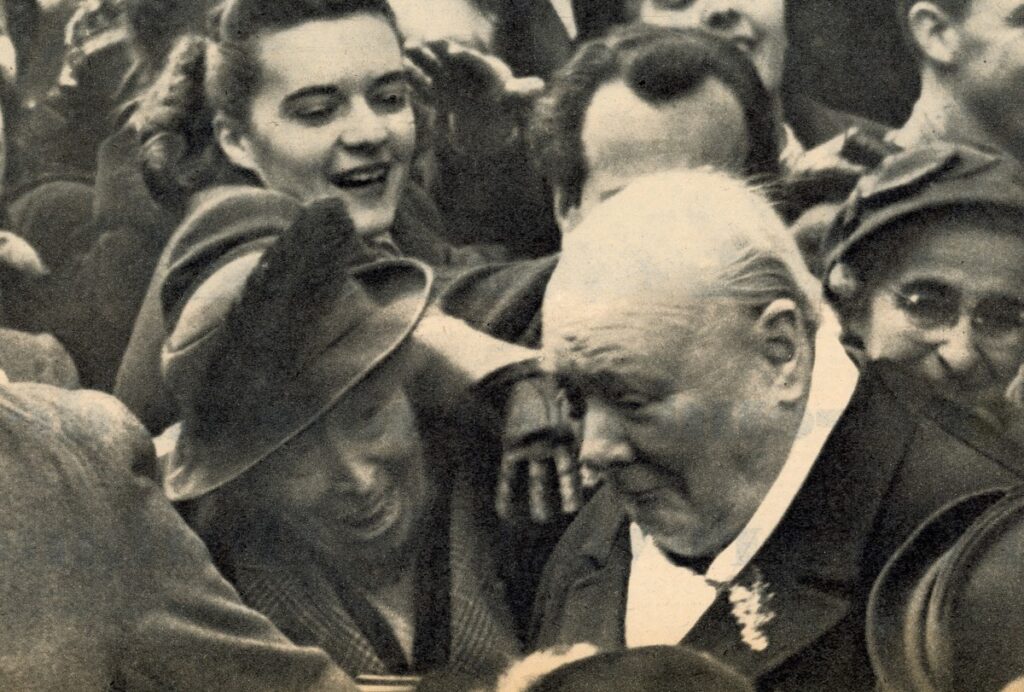07/11/2024
Economics is the study of something that doesn't exist—sort of.
Why do we study economics? Because it excites us? Because it sounds impressive? Because it’ll make us rich? And what if someone came along and told you the economy didn’t exist? And what if that someone was Karl Marx, Michael Foucault or Rosa Luxemburg? Would you believe them?
Too many questions to answer. And the arguments to the economy’s non-existence center on the same principal; you can’t put a single figure on so many different variables. Gross domestic product (GDP), the widespread tool to measure economy, is the sum value of all goods and services produced within a country’s territory. But this is a numerical flattening of all exchange inside a country. It lacks nuance. So before we decide why we study economics, let’s take a look at how the concept of the economy came to exist.
The study of economics: a brief history on why we study economics
Now that we’ve interrogated a centuries-old debate in two paragraphs—phew!—let’s take a compact look at the historic study of economics. So compact, in fact, it mirrors our recent critique of GDP. Which makes this article truly postmodern.
Mercantilism
The theory of Mercantilism appeared in Europe during the 16th century. This economic style supposed a nation’s wealth was best served by increasing exports and limiting imports. It replaced the feudal economic system and stuck around for a few centuries, during which time militarism rose in order to protect supply sources. Nations believed their economic health could be measured in precious metals like gold and silver. There was indeed a correlation between ownership of these materials and increased construction, agricultural output and merchant fleets—though having more gold and silver was likely a symptom of a good economy rather than being the cause.


Age of reason
The European Enlightenment saw scholars set out to discover “laws” of human interaction. Formal economic theory began during this time; the Physiocrats believed the wealth of nations was derived solely from the value of “land agriculture” or “land development”. Subsequently the school of Classical Economics arose, which claimed markets regulated themselves when free of any intervention. Your marquee name for this period? Adam Smith. The Scot is still regarded as the most influential economist of all time, who noted (amongst other things) that our tendency to admire the wealthy and look down on the poor was ultimately corrupting.
Industrial revolution
Economic growth soared as machine powered production. This gave rise to three big academic schools: Neoclassical Economics, which assumed people have rational preferences and act independently based on information; Marxism, which claimed capitalism’s exploitation of the masses would ultimately destablize power and the economy; and Marginalism, which was pro-capitalist and tried to prove the Marxists wrong with elegant models of a balanced economy.


Cognitive revolution
The mind-bending works of Freud and Jung influenced the beginnings of the cognitive revolution. This 20th century movement gave rise to behavioral economics. Psychologists compared cognitive models of decision-making to economic models. Economists reconsidered how psychology could influence their own practice; the expected utility hypothesis and discounted utility models garnered newfound credibility.
And here we are, centuries ahead, still studying. Which proves it’s a complex matter—otherwise we would have got a definitive answer for it all by now, wouldn’t we?
5 reasons to study economics: degrees at IE School of Politics, Economics & Global Affairs
So why do we study economics in depth? We’ve put together our top five reasons below, so you can make an informed decision on whether our postgraduate economics degrees are right for you.

1. Economics is everywhere
Economics is a part of everyday life, and it’s also the gateway to the future. Studying economics gives you a better understanding of market dynamics and from there, you’ll be able to apply your knowledge to different organizations you go on to work with. When you study with us, you’ll be able to apply your knowledge to different contexts. With cryptocurrencies and fintech on the rise, a solid economic understanding will be those who lead us into a future of limitless possibilities.
2. Make an impact economics degrees
The study of economics allows you to drive positive change. It’s interwoven with technology, management, entrepreneurship and humanitarian progress. Our programs take a hands-on approach to introduce you to all these different aspects. Our economics programs also enable you to understand how these areas interlink. This means you’ll be ready to influence business decisions and adapt to fluctuating markets effectively.


3. Gain an international perspective
Economies work in tandem. You need an understanding of how the world works and insights on different cultures, people and societies. Our intensive study of economics means expanding your economic horizons and a global mindset at the same time.
4. Develop transferable skills
What is the study of economics beyond theoretical knowledge? It’s gaining soft skills that help any career. Economics hones your analytical and problem-solving skills, along with a deepend understanding of business models. That makes you adaptable for a wealth of office environments. Economics is the study of what makes the world go round—so you’ll be on top no matter what sector you work in.

5. Boost your career prospects
Economic career path include (but aren’t limited to!): finance, banking, insurance, law, and governance. What’s more, with a master’s degree in economics, you’ll be viable for C-suite positions in the long run.
According to the World Economic Forum’s Future of Jobs Report, analytical thinking and complex problem-solving are top skills for 2025. Economics graduates are already in high demand, and that demand is only going to increase.
Benjamin is the editor of Uncover IE. His writing is featured in the LAMDA Verse and Prose Anthology Vol. 19, The Primer and Moonflake Press. Benjamin provided translation for “FalseStuff: La Muerte de las Musas”, winner of Best Theatre Show at the Max Awards 2024.
Benjamin was shortlisted for the Bristol Old Vic Open Sessions 2016 and the Alpine Fellowship Writing Prize 2023.








